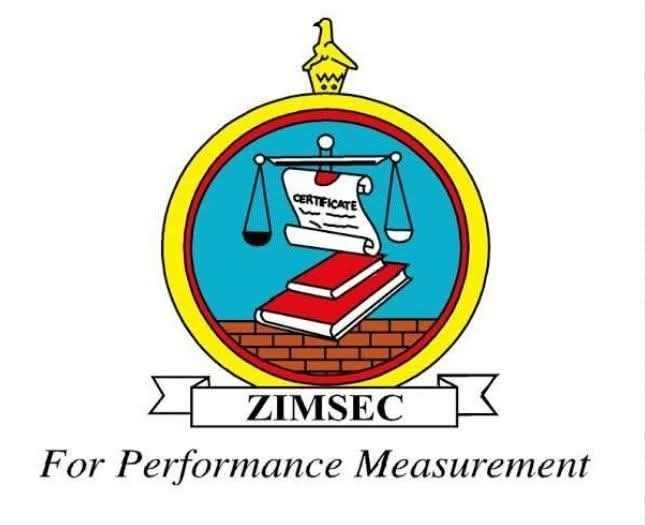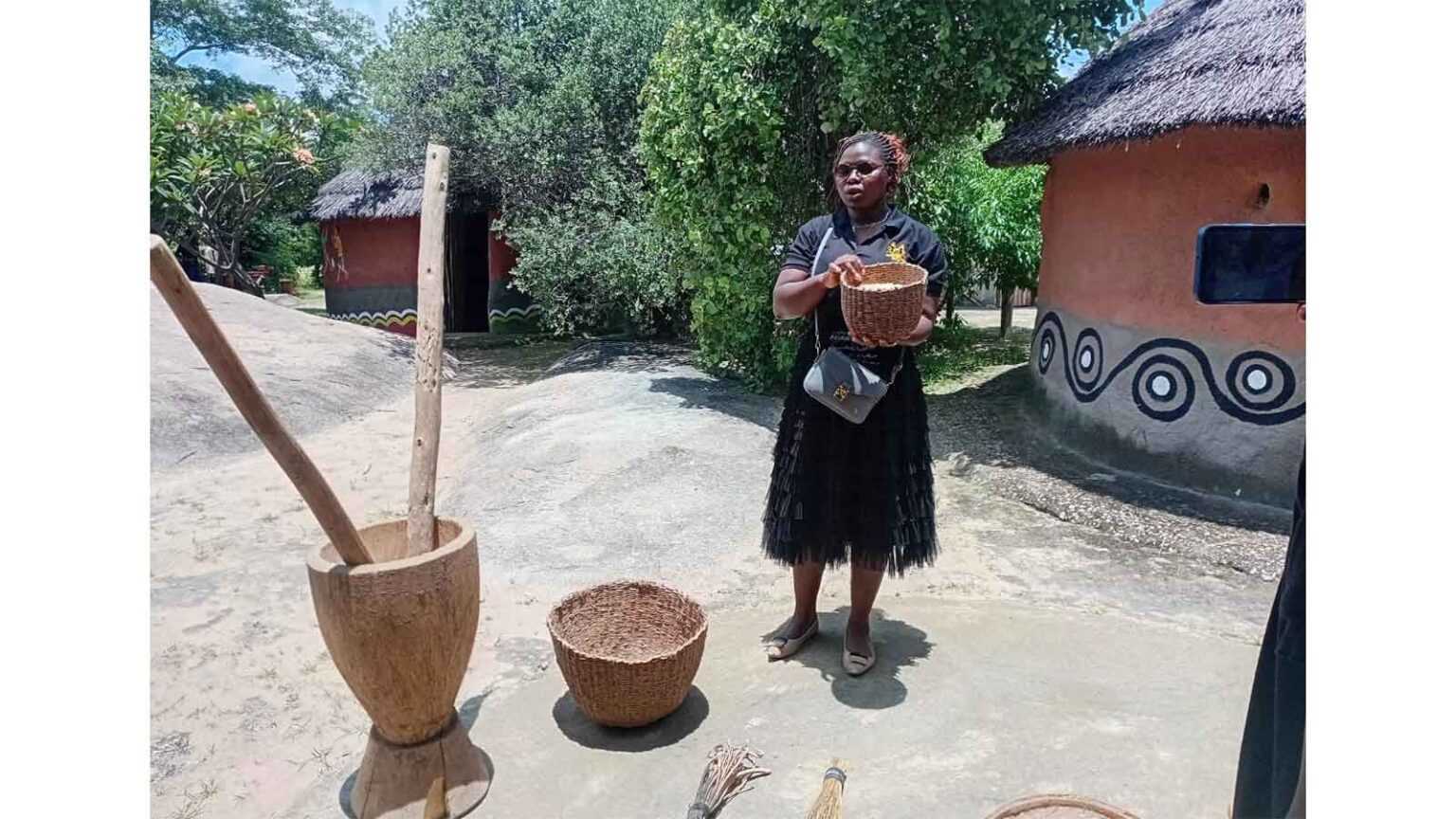
Michael Mashiri
SCOPE Zimbabwe has won the Unesco award for its exceptional integrated school land use approach which considers a school as self-contained ecosystems that are addressed holistically.
In a press release by Zimbabwe Institute of Permaculture, they said the award was as a result of pushing for a comprehensive educative exercise.
“Facilitating an inclusive transgenerational learning process that allow stakeholders to collaborate on the development of their school and its teaching and learning environment,” the institute said.
The international Jury highly appreciated SCOPE’s outstanding contributions to sustainable resource management, commended them for revitalising school grounds into thriving self-sustaining agricultural and learning environments.
Related Stories
“This prize rewards exceptional projects and programmes in the field of education for sustainable development. Prize laureates receive an award of US$50 000 each and are invited to join the ESD for 2030 Global Network to foster long-term collaboration with Unesco. The international jury for the Prize recommended your project for its ‘holistic approach, involving individuals, schools, and communities in concrete agro-ecological practises for food sovereignty and security’,” reads the jury’s quote.
The jury also saluted project techniques such as seed conservation, crop diversity, mulching, rainwater harvesting, and school planting for revitalising school grounds into thriving, self-sustaining agricultural environments.
SCOPE Zimbabwe is a vibrant and practical environmental education programme and sustainable lifestyles learning hub working closely with the Ministry of Primary and Secondary Education.
It was launched in 1994 with origins based in assisting schools to redesign and rationalise land use for sustainable resource use. Its focus is creating a favourable learning environment in schools, connecting schools to their communities and the knowledge and resources that lie therein. Protect children and youth from environmental hazards in their living and learning spaces.
SCOPE’s overall mandate is to encourage generations of systems thinkers by bringing the ethics and principles of permaculture and regenerative design systems into the school classroom to foster a future shaped by sustainable and resilient practices. Since inception, SCOPE’s interventions have been across all provinces in Zimbabwe and has benefited over 200 schools in rural and urban Zimbabwe, shifting towards building climate resilient communities,




















Leave Comments